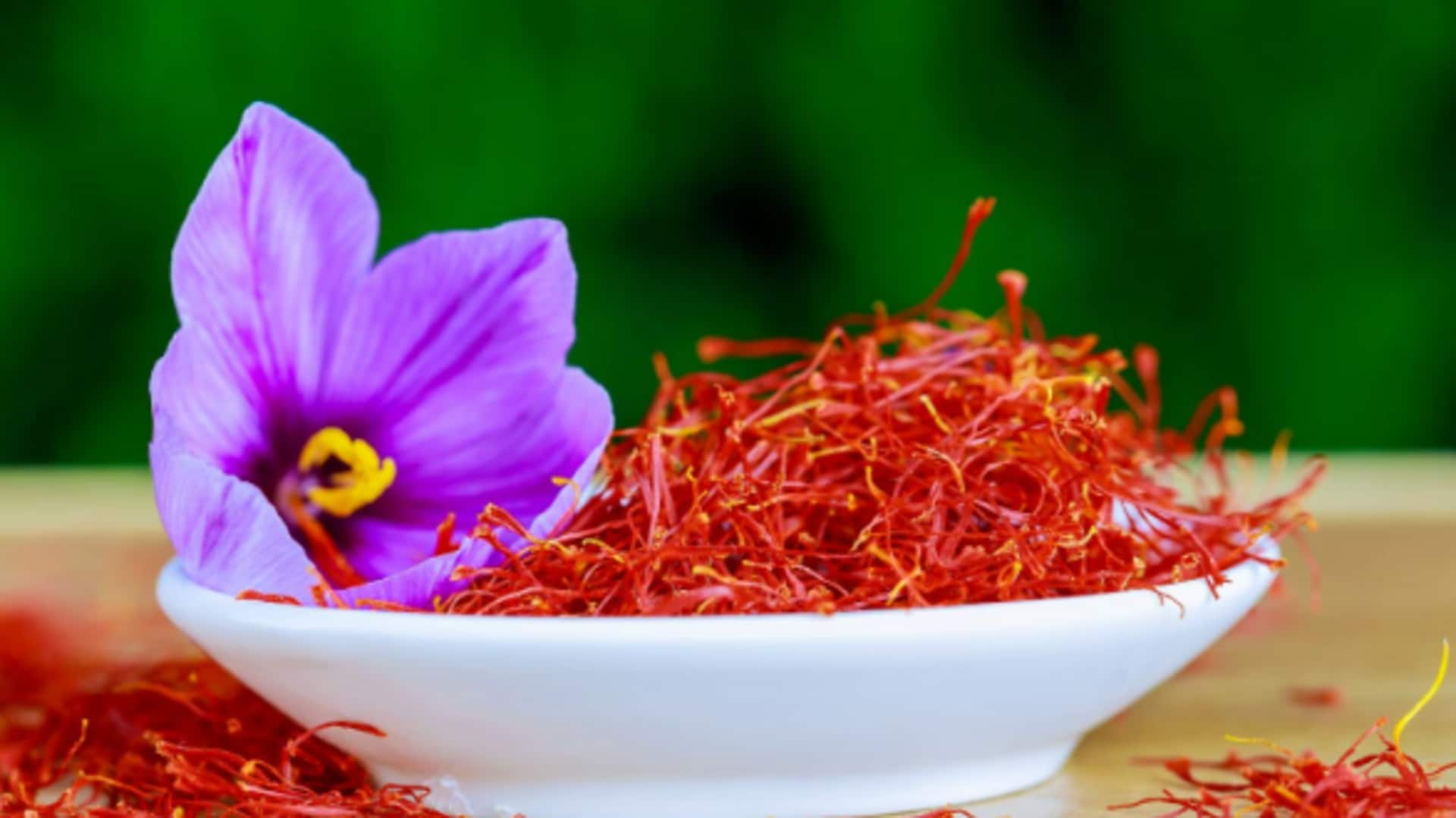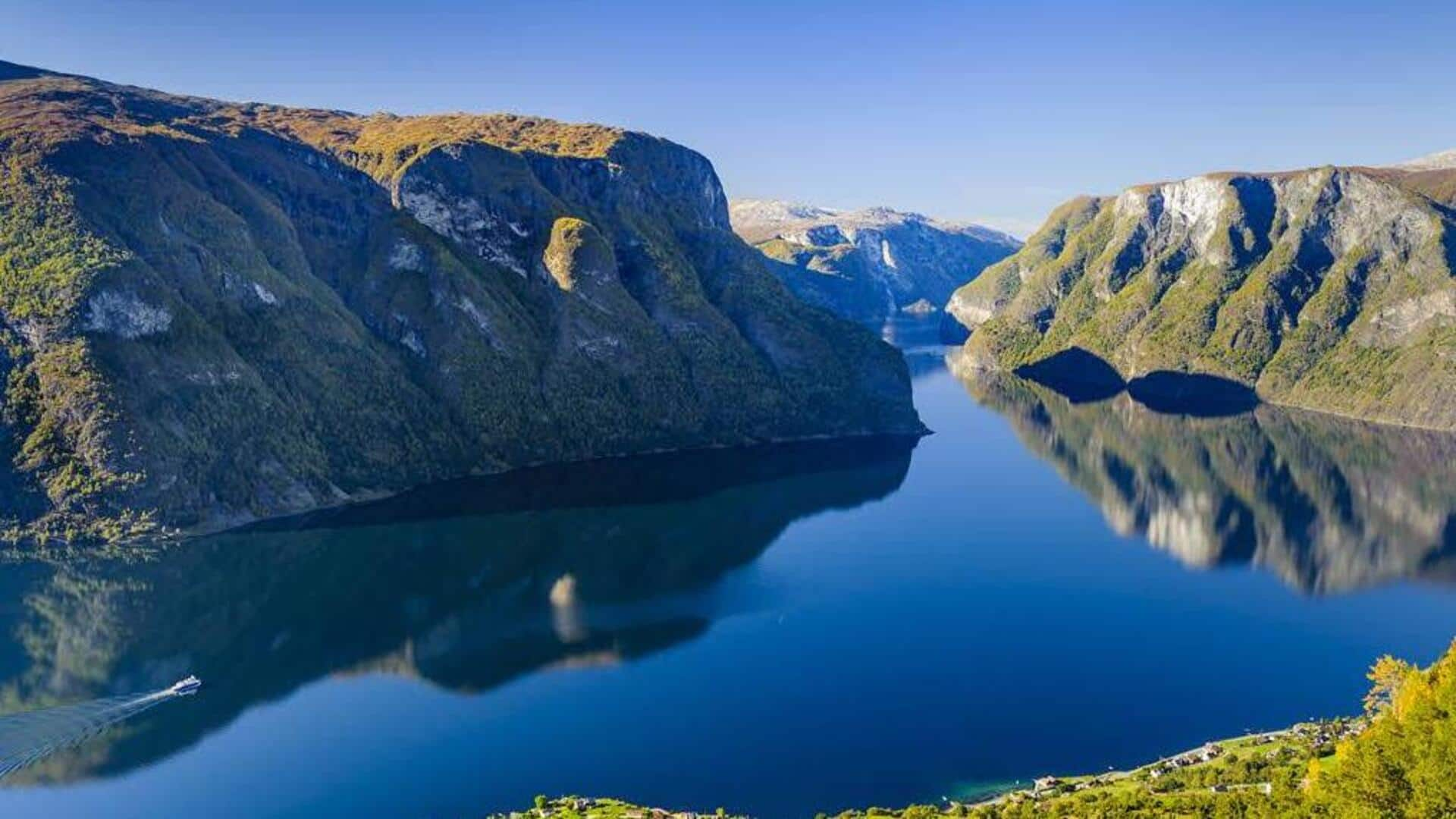There is a song by a Filipino band about Manila (the capital of The Philippines); the song goes, “no place in the world like Manila.” And yes, when you land in the Philippines, you soon realize that the song holds. It holds in everyone you meet, in every face, in every smile, in every moment.
Prior to visiting the Philippines, I always thought Ugandans were the world’s friendliest and warmest people. I did think it was something that was unique to us. And well, every African country claims to be so.

But now, I can confirm I was totally wrong. I have been to a couple of African countries, and I must confess we are disillusioned about our friendliness. The Philippines is one of those countries that does not require Ugandans to have a visa, to visit.
However, in preparation for my visit, I called the Philippines consul in Uganda. She was the most accessible and approachable person I have interacted with. She confirmed that indeed Ugandans required no visa and sent an email to the effect.
The struggle was at the Entebbe Airport document verification. It is like the teams there have been trained to ensure no one leaves Uganda. What are they really verifying? No one knows! My seatmate on the plane was a Filipino working in Sierra Leone.
She was returning home for a vacation after two years of toiling as an accountant in Freetown. We interacted and within minutes, we knew about each other’s worlds. Her dream is to teach children, but she says she needs to first do some accounting for the sake of her family.
For the Filipinos, family comes first; they sacrifice everything for family. You don’t ‘arrive’ until you have pulled up your family to some level, then you can go to pursue your dreams. She was putting off things such as marriage until she has saved enough to financially redeem her family.
“What’s special about the Filipinos?” I asked her. She confirmed that they were extremely friendly, extremely family-oriented. And true to her word, I arrived at Ninoy Aquino International Airport, and it was the smoothest I have ever walked into a foreign country.
It is like the Filipino people could not wait to host me. The immigration officers took a glance at my documents, smiled and wished me the best stay in the Philippines. It was time to exchange some dollars into pesos and acquire a Filipino telecom line.
One dollar gets you about 58 pesos, I purchased an e-sim and was ready to go through Manila all the way to Makati. Now, the Philippines is one of those countries that has lagged behind in Asia. GDP per capita is about $3,700.
Yet, I could not compare it to many African countries. The road infrastructure from Manila to Makati would make neighbouring Nairobi come off as a super under-developed city. A few years ago, the gangs had tried to make the city unsafe.
Thanks to former president Rodrigo Duterte, the city was transformed into one of the safest in the world. While in Makati (their business district), I could walk out as late as 2 am. I felt so crashed that I was feeling safer in a foreign land than I did in Kampala, especially with the round kicks flying lately.
At the hotel where I slept in Makati, from the police guards to the front-desk officials, it was all one singular message of ‘you are now one of us; we shall treat you as family’. Naturally, when you travel black, you get conscious about yourself, and the farthest you travel, the less of your kind you see. Yet in the Philippines despite rarely encountering black people in Makati, I should say, there is no place that adores black people like here.
In the morning, I met one of the room service personnel, Archie. He was so excited to clean my room. I told him to pass it for that day, but he still offered to change some things.
“At least let me change the towels sir, let me add you some tissue,” Archie insisted. You see, the only thing that will kill you in the Philippines is their service. It is service after service.
The guard at the door will rush to open for you. The pharmacist will answer all your queries with “Yes Sir, or “Yes Ma’am.” I have been to Doha, Dubai, Berlin, and Amsterdam; surely there is no place like the Philippines.
In Makati, I came to learn that one of the biggest conglomerates was the Ayala Group. Yet, the Ayala Group had taken the development of this country seriously. Take for example the Green Belt in Makati; the Ayala Group has built one of the world’s best green spaces and luxurious shopping malls.
You see, we talk about Acacia mall back here, but after Makati, I can’t claim that we have a single shopping mall in Uganda. We have some shops, but not a single mall or shopping centre. In Makati, you also soon understand why Asia is the place for all the big international brands.
From brands such as Zara to Tommy Hilfiger, everyone wants a piece of this big population. The Filipinos also come out in large numbers to consume these products. The malls are always packed with locals shopping.
You see, our middle-class in Uganda does not exist. It is a creation of our imagination. If you want to understand what it means to have a middle-class, visit Makati.
Makati has also been built in such an inclusive way. There’s a space for everyone. A space for pedestrians, a space for bikers, and the roads are in such a way that everyone thrives.
Despite their heavy traffic, they have a proper public transportation system, a mix of their jeepneys, some buses and a light metro. So, how does a country that is so behind by Asian standards appear to be so ahead by African standards? It takes some values. At the airport, the government has deliberately constructed a separate lane for overseas workers.
They are treated as heroes in the Philippines, because of their contribution to the country’s forex earnings. Contrast with how our Ugandan are treated at Entebbe airport. It’s all about the spirit of the Philippines, the progress of the Philippines.
You could go to one restaurant and ask for directions to a competitor restaurant, and they would gladly direct you. Again, the point is to ensure you spend that money in the Philippines. That’s why they also don’t have visa fees; it is free entry.
Because they want to make it easy for you to enter and enjoy this beautiful archipelago. I had time to visit some of their leisure parks, visited Intramuros and Fort Santiago that make up their old Spanish city. I also fell in love with their national hero, José Protasio Rizal Mercado Alonso Realonda.
I have not read a more beautiful story of a national hero. He was a polymath; he lives on in the heart of every Filipino. Then I wondered, do we have any national heroes in Uganda? And again, it was clear, a country also needed a great myth, some great heroes and heroines.
It’s for this reason that in the Peloponnesian war, the Spartans overpowered the Athenians. Sparta had its heroes and its great myths. Lastly, I learned that the Philippines had learned the definition of ‘enough.
’ The Filipinos know that there is no limit to envy and greed, and those are roads with no end. They swallow you. Everywhere you moved, you saw people that lived moderated lives.
People also try to live close to their families. And the arguments make sense. If you give birth, you can leave your grandkids with the grandparents as you go to work during the day.
People do their best to transform their provinces (villages). If you are from Masaka, although you work in Kampala, your main investments should be in Masaka – that is the Filipino way. And Filipino homes all have these low fences, because your neighbour is most times your friend and family.
From the Filipino, you learn that simplicity makes for a beautiful and long life. They are also very forgiving people. When they spoke about their first president, although he had faulted on some things, they still have a soft place for him in their hearts.
The Filipino companies have invested in the country’s education. They were funding most of the business schools. Because they realized you cannot have great companies unless you have great educational institutions.
Perhaps the major lesson from the Philippines is one of conscious capitalism. That capitalism does not have to become a snake that swallows its own tail. Capitalism can play out with a sustainability mindset.
Filipino people have found a way of meeting the needs of today without destroying the ability of the future generations from meeting their own needs. No wonder, their national motto goes: “Maka-Diyos, Maka-tao, Makakalikasan at Makabansa” to mean, “For God, People, Nature, and Country.” To quote Joze Rizal, “Our liberty will not be secured at the sword’s point.
.. We must secure it by making ourselves worthy of it.
” For Ugandans, the lesson is to become worthy of that which we seek. To have a Filipino spirit of sorts; to realize that we can’t steal ourselves into wealth. That it takes the committed work of every citizen, some values to transform a nation.
But if that fails in Uganda, I will go somewhere to Cebu and settle there...
for there is no place like Manila!.



















